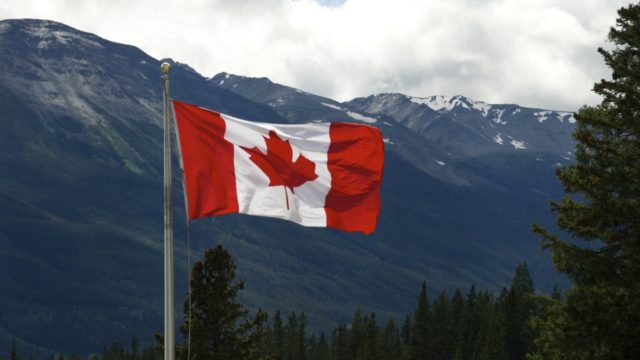We go over some changes the government could make to its Environmental Bill of Rights to improve the protection of Ontarians’ environment and health
One of the keys to Ontario’s success as a great place to live, work, and enjoy outdoor recreation has been the balance between industrial growth and protecting the natural things we cherish about this great province. That balance between purely economic-driven development and protecting Ontario’s clean air, water, forests, and agricultural lands has been (mostly) successfully struck over the last few decades, in part, by a law unique to Ontario called the Environmental Bill of Rights (EBR).
When it was enacted almost a quarter century ago, Ontario’s EBR was an important, groundbreaking statute promoting transparency and public engagement in environmental decision-making in the province. Over the years, the EBR has made a significant contribution to sustainable development across the province and to protecting the health of Ontarians. However, because the EBR has remained largely unchanged over its 23 year life, while pressure on Ontario’s environment continues to increase, it is now seriously outdated in a number of respects.
It’s for that reason that the Government of Ontario is about to conduct a province-wide public consultation on how to improve the EBR. All of us will have an opportunity over a four month period to make submissions by email or by mail to the government to tell them what we think should be done to improve the protection of our environment and our health.
Here are four changes the government could make to bring Ontario’s EBR up to speed:
Recognize substantive environmental rights
The first and foremost needed reform of the EBR is the recognition of the substantive right to a healthy environment for all Ontarians. The guarantee of substantive environmental rights lies at the very heart of a strong EBR. It includes the right to breath clean air, drink safe water, enjoy a nontoxic environment, and expect healthy ecosystems for our children.
Right now the people of Ontario are guaranteed none of these rights, even though citizens in dozens of other countries around the world have the benefit of legislated recognition of the right to a healthy environment in their communities. Human health, well-being, and dignity depend on access to clean air and water, safe food, and a stable climate. This should be explicitly spelled out in Ontario’s EBR.
Update the purposes of the Environmental Bill of Rights
The purpose and principles of any legislation, including the Ontario EBR, are important because they guide the interpretation of the statue. Purpose sections also have legal importance because they cannot be contradicted by the courts when they are considering the lawfulness of actions under the statute. When originally enacted, fundamental environmental principles such as ‘pollution prevention’ and ‘biodiversity conservation’ were included in the EBR to direct and guide the government in its environmental decision-making. However, since the EBR was enacted almost 25 years ago, a number of equally important environmental principles have emerged at the national and international level and have been adopted in other jurisdictions across Canada. These new environmental principles, which are still missing from the Ontario EBR, include such well-known concepts as ‘zero discharge’, ‘polluter pays’, the ‘precautionary principle’ and the key concept of ‘intergenerational equity’. It’s time for these important principles to be included in Ontario’s EBR.
Apply environmental justice principles
There is increasing evidence that low-income Ontario communities and communities belonging to historically disadvantaged groups, including Indigenous peoples, are disproportionately exposed to and impacted by environmental hazards. Environmental justice is a framework for addressing the inequitable distribution of environmental hazards in the province.
Consideration of the relationship between socioeconomic status, race, and environmental health is relatively new in Ontario. In other jurisdictions, including the United States, issues of environmental justice have been subject to discussion, study, and legal recognition for decades. Ontario’s laws do not explicitly identify and address issues of environmental justice or inequity. It’s time for this to change and the EBR review presents an important opportunity to begin to address the inequitable distribution of environmental harms in Ontario.
Allow reasonable opportunity for judicial review
When government falls short in meeting its obligations under the EBR in relation to environmental protection regulations or policies, Ontarians should have the ability to take the government to court to seek judicial review of an ill-advised environmentally harmful decision. But right now, under the current wording of the EBR, there are very broad restrictions on the public’s right to seek judicial review of a government decision. These restrictions, contained in what’s referred to as a ‘privative clause’, are broader than those in most other provincial legislation and certainly far broader than need be.
The privative clause in the Ontario EBR must be amended to grant Ontarians the genuine ability to challenge the government when it makes an ill-advised environmentally harmful decision.
Ecojustice and the David Suzuki Foundation are partners in the Blue Dot movement, a national grassroots campaign to advance the legal protection of all Canadians’ right to live in a healthy environment.



